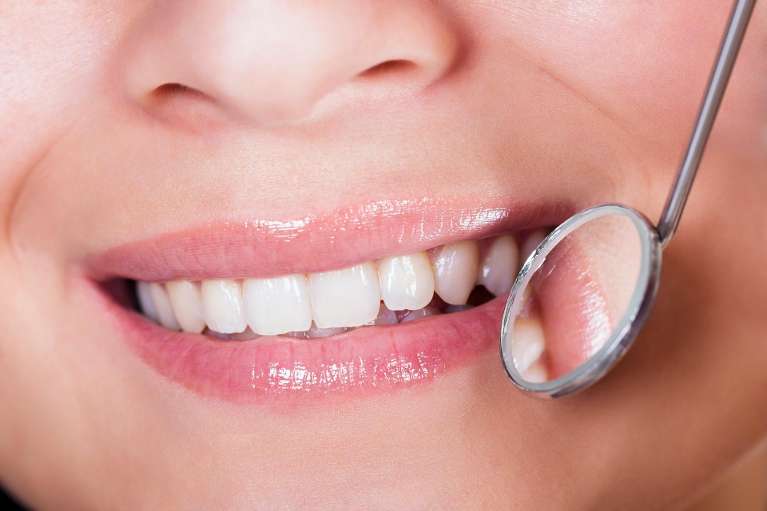
Consistently and correctly brushing your teeth is your first line of defense against cavities, gum disease, and bad breath. But even the most diligent schedule and best brushing technique won’t help if your toothbrush isn’t doing its job. Knowing when to replace your toothbrush is essential for maintaining excellent oral hygiene and protecting your long-term dental health. Here’s a closer look at why and some pointers to consider.
Why Toothbrush Replacement Matters
Since a toothbrush spends time in a moist environment, it can harbor germs that affect your oral and overall health. Given this, replacing your toothbrush regularly also helps prevent bacteria buildup.
Additionally, over time, the bristles of a toothbrush wear down, losing their ability to remove plaque and bacteria effectively. Worn or frayed bristles can even irritate your gums. According to the American Dental Association, you should replace your toothbrush or electric brush head every three to four months, or even sooner if you start noticing bent bristles.
Situations That Require More Frequent Replacement
In some cases, you may need to replace your toothbrush before the three- to four-month mark. Some common examples of why include:
- After illness — Germs from a cold or flu can linger on bristles.
- Premature bristle fraying — Aggressive brushing causes bristles to fray more quickly and reduces the life of your brush.
- For children — Kids often bite or press harder on bristles, wearing them out faster.
Consider keeping extra brushes at home so you’re never caught off guard. After all, pairing regular toothbrush replacement with twice-daily brushing and daily flossing provides your teeth and gums with the best protection.
Gentle, Effective Preventive Dental Care in Centennial, CO
If you’re in Centennial and want to learn more about strong preventive care habits, such as regularly replacing your toothbrush, and how they contribute to good oral health, contact Dr. Michael J. Franquemont and our caring, knowledgeable team to schedule your next checkup!


